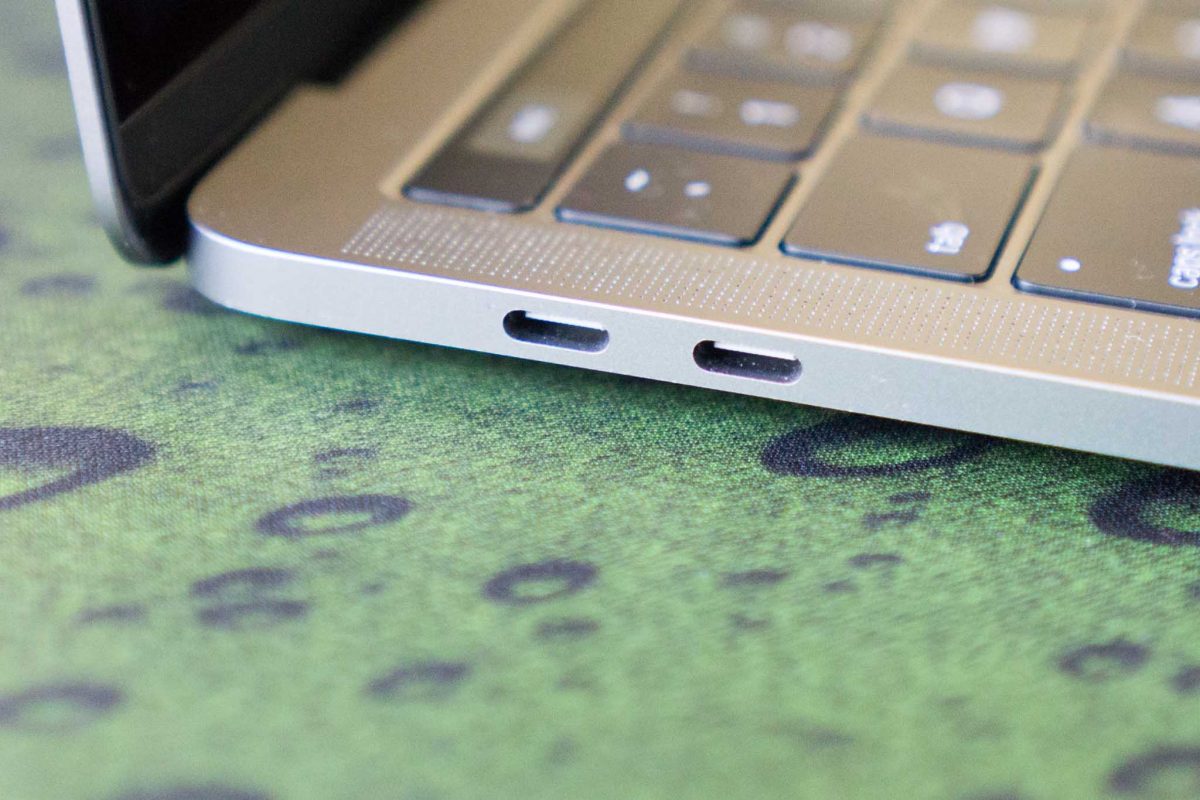I’m sure you must have heard about the dangers of sharing USB flash drives. Like the floppy disks that precede it, it’s one of the channels that software viruses, trojans, and other sort of malware are spread. But USB flash drives are so ubiquitous, sometimes it seems highly inconvenient to do without them, or even inappropriate to refuse using them.
It was through rigged USB flash drivers that the US and Israeli intelligence agencies were rumoured to have penetrated and severely disrupted the Iranian nuclear programme. Many organisations now recognised that despite strong firewalls and other network defences, employees bringing in and introducing malware directly into their computer systems is a significant problem.
Leave a bunch of infected USB flash drivers around, hope someone picks it up, brings it back to their super-secure organisation, and you’ve just put your malware deep inside that organisation.
So basically people are being educated that they shouldn’t just pick up random USB flash drives.
It gets worse. Last year, it was demonstrated how a USB killer stick can also physically destroy hardware. This year, you can buy that USB Killer for just 49.95 Euros. Not as cheap as a USB flash drive, but perhaps very reasonably affordable if your intent is to destroy your enemy.
I try to use only my own USB flash drives. But sometimes it gets a bit difficult when a colleague asks to help copy something into or our of my computer. Worse, if I’m at a meeting having the only computer with a working connection to a projector, and someone passes me a USB flash drive to help put up a file on the big screen for discussion.

Well, I’ve a bit of an excuse now. Sorry, my computer doesn’t have a regular USB port. I can’t stick your flash drive into my computer.
At this point, I’m mighty appreciative of the Mac’s AirDrop feature. If I needed to exchange files with another Mac user, AirDropping stuff between our computers is so inconvenient. I don’t know what Windows users do. I suspect they would have to use DropBox. That would, however, be slow, inconvenient, and maybe inappropriate for transferring confidential or secret information. Of course, they could just encrypt the files first and then decrypt later… but all that extra work seems so cumbersome.
The new 12-inch MacBook and late-2016 MacBook Pros being fitted only with USB-C ports can now be touted as a security feature. Until, of course, USB-C flash drives start to become ubiquitous, or someone comes up with a USB-C Killer.
View Comment Policy